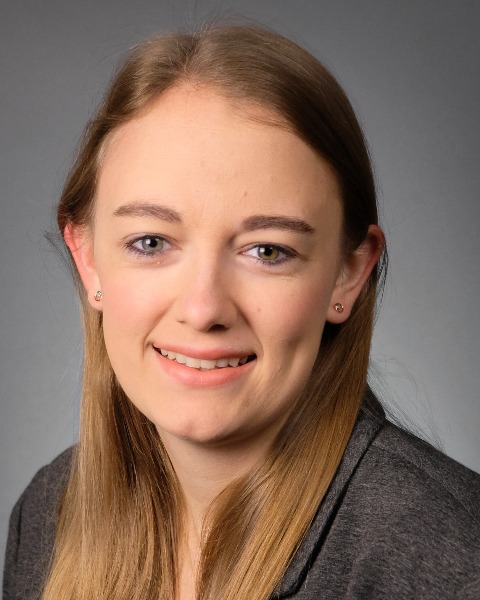Medical Education: Resident
Medical Education 1: Resident 1
461 - Putting Principles into Practice: Pediatric Trainee Experiences in Discussing and Practicing High-Value Care
Friday, April 28, 2023
5:15 PM - 7:15 PM ET
Poster Number: 461
Publication Number: 461.122
Publication Number: 461.122
Laura Thompson-Martin, Lucile Packard Children's Hospital Stanford, Palo Alto, CA, United States; jimmy beck, seattle childrens, Seattle, WA, United States; Leonard Seltz, University of Colorado School of Medicine, Denver, CO, United States; Michael J. Tchou, University of Colorado Anschutz and Children's Hospital of Colorado, Aurora, CO, United States; Emma Nathaniel, University of Colorado School of Medicine, Denver, CO, United States; Alan Schroeder, Stanford University School of Medicine, Palo Alto, CA, United States; Caroline Rassbach, Stanford University, Palo Alto, CA, United States

Laura Thompson-Martin, MD (she/her/hers)
Resident Physician
Stanford University
Palo Alto, California, United States
Presenting Author(s)
Background: High value care (HVC) aims to improve patient outcomes by balancing clinical benefit with costs and harms. There is little formal HVC curriculum in pediatrics residencies, and the “hidden curriculum” may reinforce low-value practices.
Objective: 1) To describe the experience of senior residents with discussing and practicing HVC in the training environment, 2) To identify the factors that facilitate or impede these discussions, and 3) To understand the effect of the training experience on attitudes and intended future practice of HVC.
Design/Methods: This multicenter qualitative phenomenological study was conducted at 3 large free-standing children’s hospitals in summer-fall 2022. We developed focus group questions based on a review of the literature and used self-determination theory as a framework. We conducted 4 virtual focus groups with senior pediatric residents from the 3 programs. Each transcript was coded by at least 2 independent coders. We performed a thematic analysis.
Results: Eighteen residents participated in the study (table 1). Five distinct themes emerged: 1) Explicit discussions of value enhance resident understanding of nuances and uncertainty in value, 2) Role modeling of both practice and discussions of HVC enhances learning, and can be attending or trainee driven, 3) Practice across multiple settings is unique to the resident experience and has positive and negative impacts on learning and practicing value, 4) Residents observe challenges to practicing HVC through daily experiences, 5) Health equity and outcomes strongly affect providers’ emotional and moral distress as they relate to the practice of value (table 2).
Conclusion(s): Our themes underscore the elements of self-determination theory which influence residents’ motivation to discuss and practice high value care, specifically relatedness (to role models) and competence (from experience). Residents sought to enhance their learning of HVC through explicit discussions and learning from model attendings and co-residents. Residents’ practice across multiple settings reveals health inequities, with both unique barriers to practicing HVC but also opportunities for learning and experiencing HVC in different settings. The findings of this study can inform strategies to optimize trainees’ learning and practicing HVC, and the development of effective HVC curricula for pediatric residencies.
.png)
.png)
